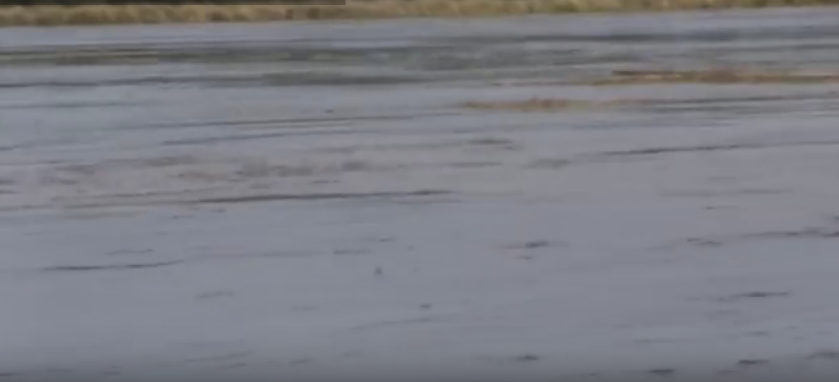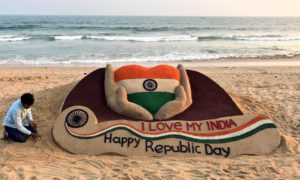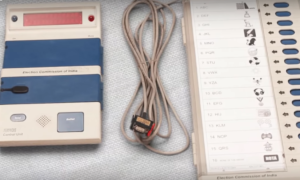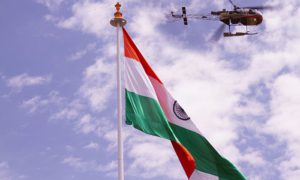Things you may want to know about Indus Waters Treaty

The treaty was signed on September 19, 1960 in Karachi by India’s first prime minister Jawaharlal Nehru and the Pakistani President Ayub Khan.

“Blood and water cannot flow together”, said Prime Minister Narendra Modi after the recent attack by Pakistan backed militants on an Indian army base located at Uri in Kashmir.
He was referring to the waters of the river Indus or Sindhu and its tributaries which flow from India into Pakistan.
We have recently witnessed the clash between the people of Tamil Nadu and Karnataka over the water of the Cauvery river.
But in the case of the Indus river, India and Pakistan have been sharing the water peacefully for more than five decades.
And all the credit of this peaceful sharing of water goes to a treaty between the two countries brokered by the World Bank. Here are some details of the Indus Waters Treaty:
1. The treaty was signed on September 19, 1960 in Karachi by India’s first prime minister Jawaharlal Nehru and the Pakistani President Ayub Khan.
2. According to the treaty, the water of the three Eastern rivers of the Indus system – Beas, Ravi and Sutlej – are to be used by India, while Pakistan be entitled to the water of the three Western rivers of the system – the Indus, the Chenab and the Jhelum.
In a cooperative stance, India agreed to use only 20% of all the waters flowed in the Indus rivers system.
3. To look over the treaty provisions, a Permanent Indus Commission was set up which included officials from both the countries.
4. The treaty has so far survived the three major wars between the two countries and continuous proxy war sponsored by Pakistan.
It is one of the best examples of international cooperation in the history of modern world.
5. The importance of this treaty for Pakistan is immense. The agrarian and many other economic activities of the northern areas of Pakistan depend on the flow of river Indus. But the rivers flows from India.
So, if India had not signed this treaty and diverted the waters of the Indus and its tributaries artificially, Pakistan would have been devastated by drought.
Modi wanted to exploit this strategic advantage following the attack on Uri to compel Pakistani to end its proxy war against India.
As India reviewed the Indus Water Treaty with a veiled warning that the 56-year-old deal might be scrapped, Pakistan government announced that any kind of revision of the existing treaty provisions by India will be treated as a hostile act or “act of war”.
Pakistan also moved to the International Court of Justice and the World Bank to stop India from unilaterally reviewing the treaty, reported NDTV.
It claimed on Wednesday that the World Bank would be deciding the issue in the next few days.
Big Wire












































